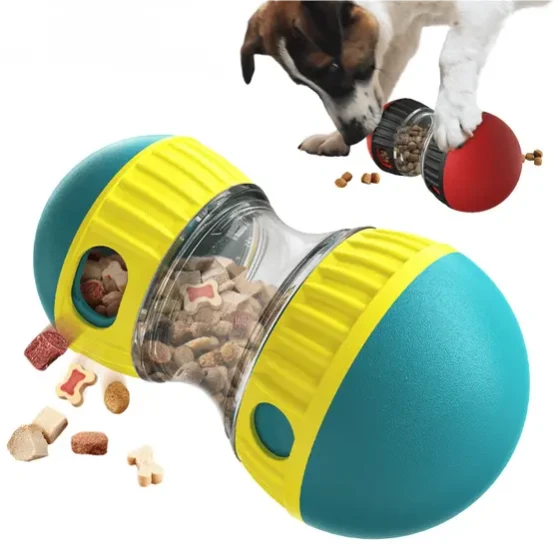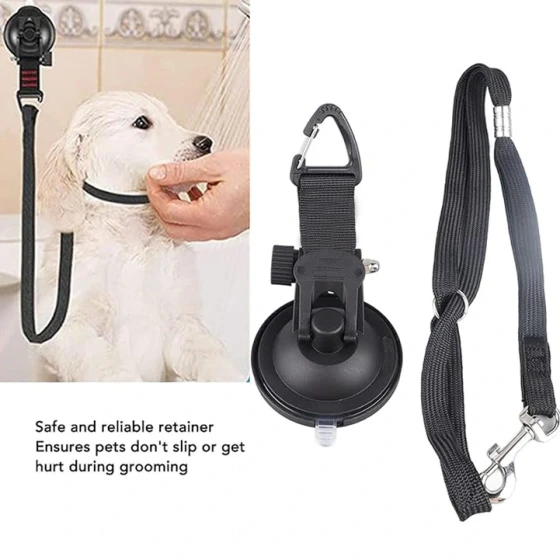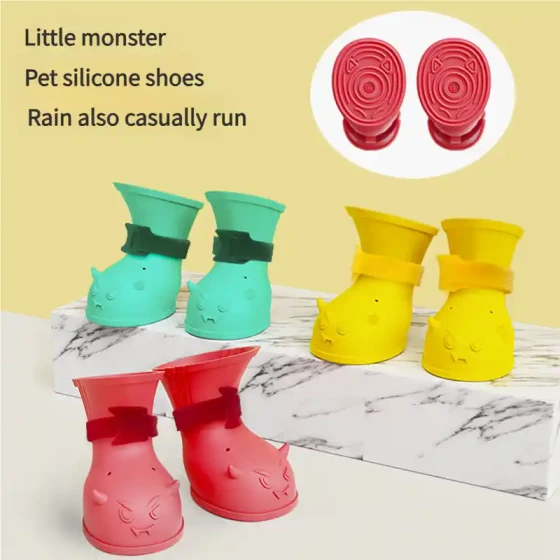Four Methods to Keep Dogs and Cats Away from Parasites

Dogs and Cats
If pet dogs and cats get infected with parasites, it is something that makes owners quite worried. To prevent these issues from happening, owners should take precautions and prepare in advance. Below we introduce four methods to help your beloved dogs and cats avoid harm from parasites as much as possible.
First, stay away from park grass
Fleas feed on blood and cannot stay active on grass for long, but flea eggs can. Stray cats and dogs love to roll and play in the grass, picking up flea eggs and other parasite eggs from the grass. When dogs play in the grass and occasionally encounter stray cats or dogs, these eggs can transfer onto the dogs.
Therefore, owners should try to take their dogs and cats to grass areas less often, especially places frequently visited by stray animals.
Second, keep away from stray dogs and cats
Although we advocate caring for stray dogs and cats, letting your own pets frequently come into contact with strays is not a wise choice. Stray animals living outdoors long-term must carry parasites, especially fleas. Close contact may cause fleas to jump from stray animals onto your own pets.
Third, use anti-parasite sprays
When dogs go outside, spray anti-parasite products like Frontline on their limbs that touch the ground or on the rear area where contact with other dogs is possible. This is an effective way to resist external parasites. Dogs have very sensitive noses, so sprays should not be applied there, but other areas prone to parasite infestation can be treated.
Fourth, pay attention to bathing products
To ward off these annoying parasites, we must be proactive, starting with bathing products. You can buy multi-effect insecticidal soaps or anti-parasite shampoos to bathe your dogs regularly. Kill parasites if present, or prevent them if not. Some multi-effect soaps or shampoos also kill parasite eggs, making them worth choosing.





